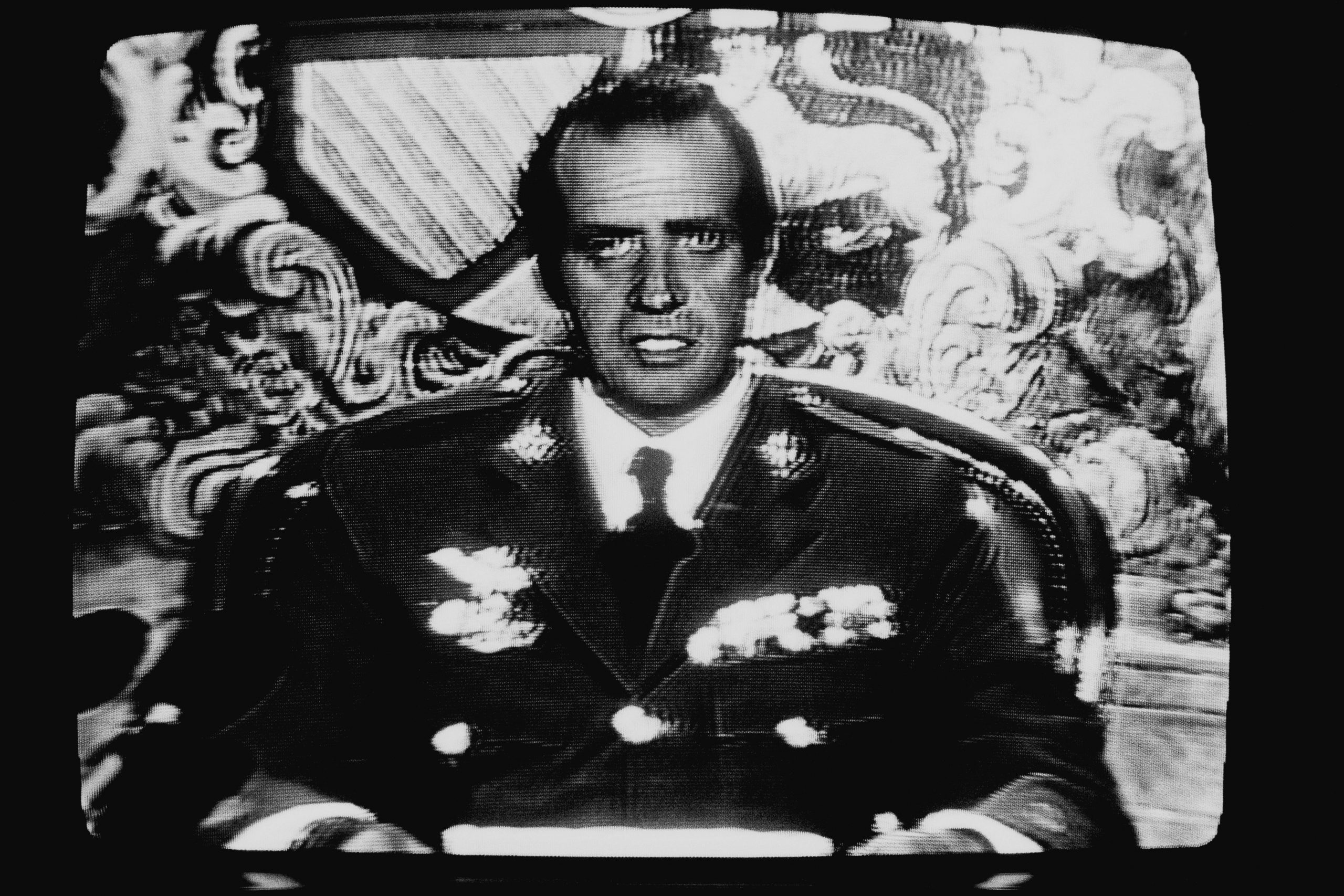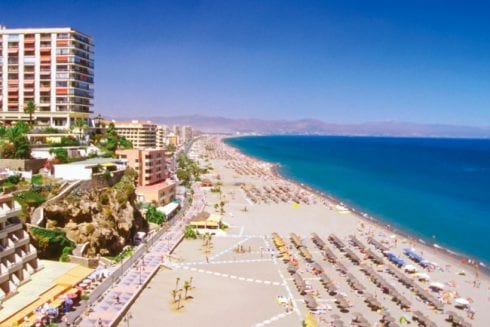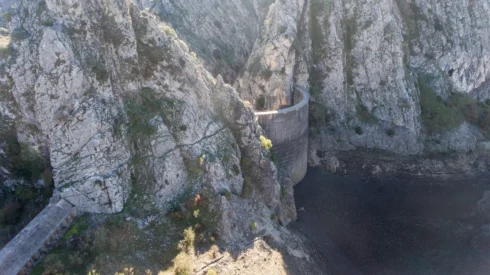SO often, coup d’états emerge from a similar set of circumstances. A country is transitioning to democracy after decades of dictatorship, but certain factions, usually from the security forces, still cling to fascist ideals or are not willing to relinquish the various benefits they have accumulated during totalitarian rule. And so they deploy troops in the streets and detain politicians, usurping power during a period of political instability by means of violence and fear.
Exactly this happened in Myanmar on February 1, 2021, when the national military arrested the President, U Win Myint, and Myanmar’s de facto leader, Aung San Suu Kyi, and declared a ‘one-year state of emergency.’ The coup was staged a day before democratically elected politicians were due to be sworn into parliament and has sparked pro-democracy protests across the country that continue to swell.

40 years ago to the day, a similar event took place in Spain – or at least it almost did – when Lieutenant-Colonel Antonio Tejero stormed the Congress of Deputies in Madrid with 200 armed officers from the Guardia Civil, hoping to overthrow the country’s fledgling democracy. The following 18 hours would grip Spain in what has become known as La noche de los transistores, the Night of the Transistor Radios, as countless Spaniards spent the entire night glued to their radios, listening to a live broadcast of the coup from within the Congress of Deputies.
Like Myanmar, Spain was several years into its Transicion, the period in which it attempted to forget the days of Francoism and carve a path towards parliamentary democracy. But a number of factors had put the centrist government under pressure around the turn of the 1980s, among them a national unemployment level of nearly 20%, violence from Basque terrorist organisation ETA, and then, on January 29, 1981, the resignation of Adolfo Suarez as President and Prime Minister.
Calvo Sotelo was named as Suarez’s replacement. But after he failed to gain a majority in elections on February 20, new elections were scheduled for the 23rd – the day that the conspirators staged their putsch. Bursting into the congressional chambers, accompanied by civil guards wielding submachine guns, Tejero shouted “Quieto todo el mundo!” (‘Nobody move!’) and took up position on the speaker’s platform, pistol in hand, in what would become the enduring image of this remarkable event in recent Spanish history.

With Tejero and his fellow Francoist conspirators having fulfilled their side of the bargain, Captain General Milans del Boscsh executed his part by deploying 2000 soldiers and 50 tanks in the streets of Valencia. Hoping to garner support from other senior military figures, he declared a state of emergency. But his plan achieved the opposite, as the commander of the Manises Air Base threatened to send in two fighter jets equipped with missiles, compelling Milans del Bosch to back down.
The unsuccessful military intervention in Valencia foreshadowed the failure of the coup in Madrid. Donning the uniform of the Captain General of the Armed Forces, the highest military rank in Spain, then king Juan Carlos appeared on national television at 01:14, February 24, and gave the following message:
“The Crown, symbol of the permanence and unity of the nation, will not tolerate, in any degree whatsoever, the actions or behavior of anyone attempting, through use of force, to interrupt the democratic process of the Constitution, which the Spanish People approved by vote in referendum.”

A few hours later, Guardia Civil officers were jumping out of the windows or running out the front door in a desperate attempt to escape, but the national police had already surrounded the building. Deputies were freed one by one, shouting “Long live freedom” as they emerged, following a traumatic night with nothing to eat and little to drink. Several were taken straight to hospital with low blood pressure, heart failure or faintness. Tejero resisted to the bitter end. But by midday on February 24, the coup was over.
Antonio Tejero and Milans del Bosch – along with Alfonso Armado, who had unsuccessfully offered to make Juan Carlos the head of a democratically government as part of a trade-off – were condemned to 30 years in prison. Nonetheless, Tejero, who only served half that time and is now 88, remains unrepentant. In an interview in Alvaro Ferreiro’s newly published book, Tejero: Man of Honour, Tejero said that he did not regret having staged the coup – known today as 23-F, a numeronym of the date it took place – and described far-right political party Vox as the only possible ‘remedy’ to the ‘dark’ future of Spain.

He is not the only one to have voiced pro-Francoist sentiments of late. In December 2020, Spanish soldiers were caught on tape chanting the tune Primavera (Spring), a song first sung by the Blue Division, a unit of fascist volunteers who fought for the Nazis during the reign of Franco. And there was outrage in the same month when ex-army officers suggested staging another putsch à la 23-F. One even wrote in the private WhatsApp group: “There is no other choice but to start executing 26 million sons-of-bitches,” referring to supporters of the current socialist government.
While such incidents remind Spain that certain aspects of its Francoist past are, in some regards, still present, the 40th anniversary of the failed 23-F coup has been commemorated as a day on which democracy triumphed over fascism. Hopefully, sooner rather than later, Myanmar will be able to celebrate the same victory.
Click here to read more Spain News from The Olive Press.








